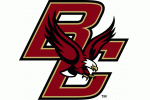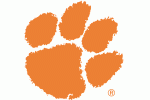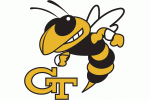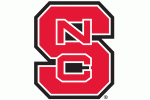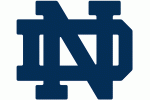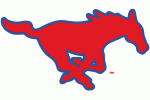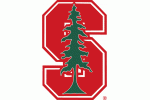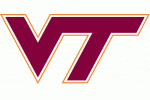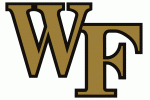DURHAM, N.C. — These days, college football verbiage often turns to claims the billion-dollar industry exploits athletes.
Once in awhile, though, we’re reminded of the sport’s innocent roots before money hardened the game. They grew when some Princeton and Rutgers students challenged each other to the first college football game played, in 1869.
For some modern-day athletes, football remains an activity to play while pursuing a college degree. They don’t practice with aspirations of hitting the lottery as an NFL draft pick. They don’t go home believing they earned a cut of the TV money paid to schools. They’re planning to put their degree to good use upon graduation.
Two of them are Duke walk-on seniors Clark Bulleit and Kevin Gehsmann. They are throw-backs of another kind.
Bulleit and Gehsmann may not see the field again this year, other than mop-up duty, but they may have already contributed significantly to the team overcoming quarterback Daniel Jones’ broken clavicle (left non-throwing side) suffered in the season’s second game.
Bulleit, a center from Tampa, Fla., is a biomedical engineering major with a minor in chemistry. Gehsmann, a linebacker from Greensboro, is a mechanical engineering major while pursuing a certificate in innovation and entrepreneurship.
They have put to use their their education at an academically elite school while employing a 3-D printer. They developed a plastic pad that anatomically fits Jones; Duke athletic trainer Hap Zarzour tapes it to Jones under the shoulder pads.
“I don’t know how it works – those are two brilliant guys,” Jones said. “But I’m appreciative of what they have done.”
Jones wore it for his return in the Virginia Tech game and will again when the Blue Devils (4-1, 0-1 AAC Coastal) play Georgia Tech (3-2, 1-2 ACC Coastal) at 12:20 p.m. in Atlanta.
“That’s a story in itself, Kevin and Clark,” Duke coach David Cutcliffe said. “The pad gives him confidence with contact. I don’t understand it. You’re talking above my head. Hap pretends to understand.”
Whatever the technology involved, the only explanation that matters on the field is Duke has its NFL-prospect quarterback back.
Jones suffered the injury on Sept. 8 in the second half of a win at Northwestern. He had surgery the next day, but when he recovered quicker than expected, he was medically cleared to start the Sept. 29 Virginia Tech game.
His statistics were respectable with 23-of-35 passes completed for 226 yards, one touchdown and one interception, but the Hokies dominated the line of scrimmage in a 31-14 victory. Virginia Tech prevented the Blue Devils from running the ball and kept a heavy pass rush, recording three sacks.
Now, with the benefit of a bye week – and the pad – the Blue Devils try to bounce back.
“I feel good,” Jones said. “Physically, I felt the same after the game that I did before the game. I don’t think I took any big hit or landed on (the shoulder) hard.”
This time a year ago Duke was on the way from a 4-0 start to tumbling through a six-game losing streak. The Blue Devils’ struggles were in part due to Jones having played the second half of the season with an undisclosed upper body injury.
Duke managed wins in the final two regular-season games over Georgia Tech and Wake Forest to earn a bowl bid. And with another month to heal, Jones led the Blue Devils past Northern Illinois in the Quick Lanes Bowl in Detroit. Jones was 27-of-40 passing for 252 yards and two touchdowns without an interception.
Jones says he feels better now than a year ago.
“I didn’t think about it once the (Virginia Tech) game started,” he said. “Right now I feel normal. I don’t have any pain. It was a good time for a bye week for me and other people on the team. We’re looking forward to getting back out there.”
Jones’ injury didn’t end his season, and the plastic pad made from a 3-D printer may not be the end of opportunities for Bulleit and Ghesmann to make money off the game of football – whether they see the field or not.
Jones was asked by a reporter if Bulleit and Gehsmann had applied for a patent to their invention.
Jones said he didn’t know. Then, another reporter added, “They can find one around here.”


